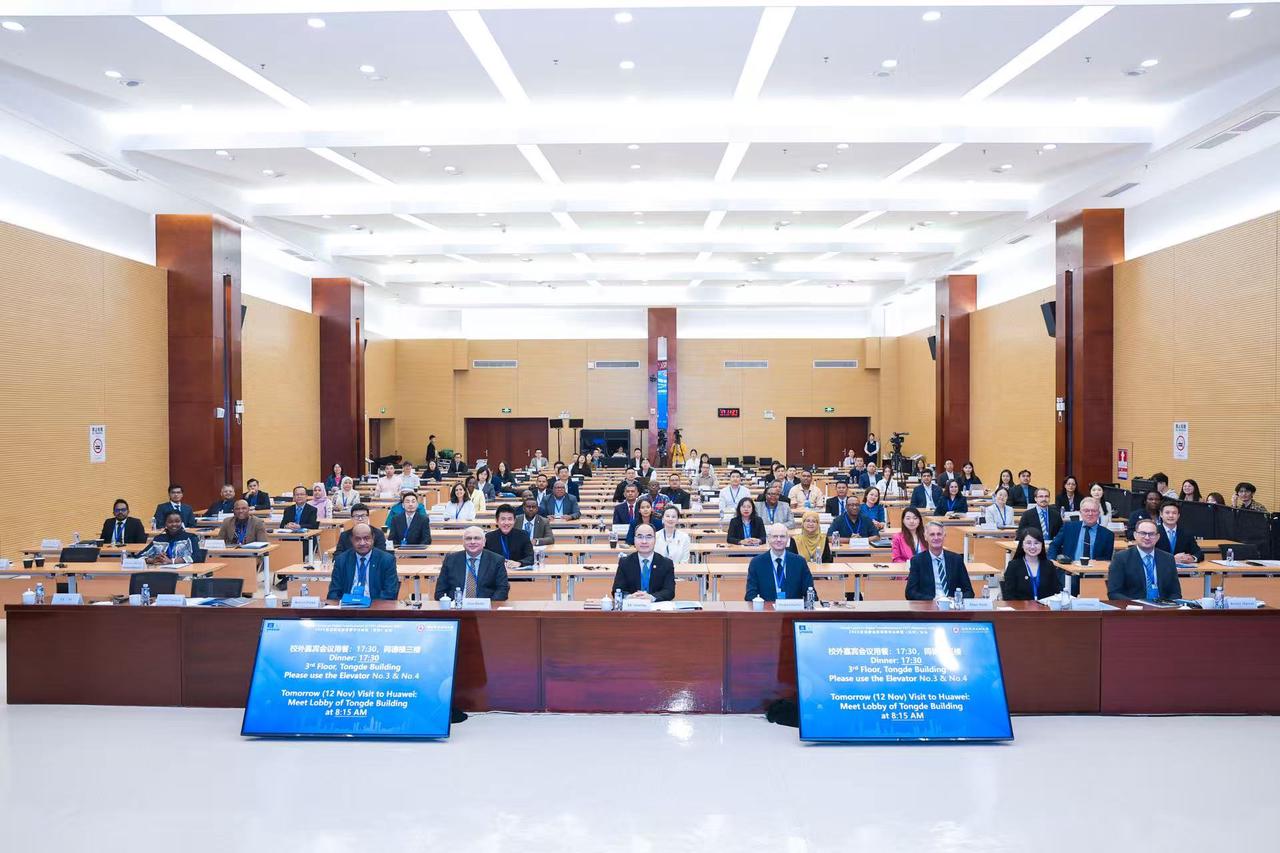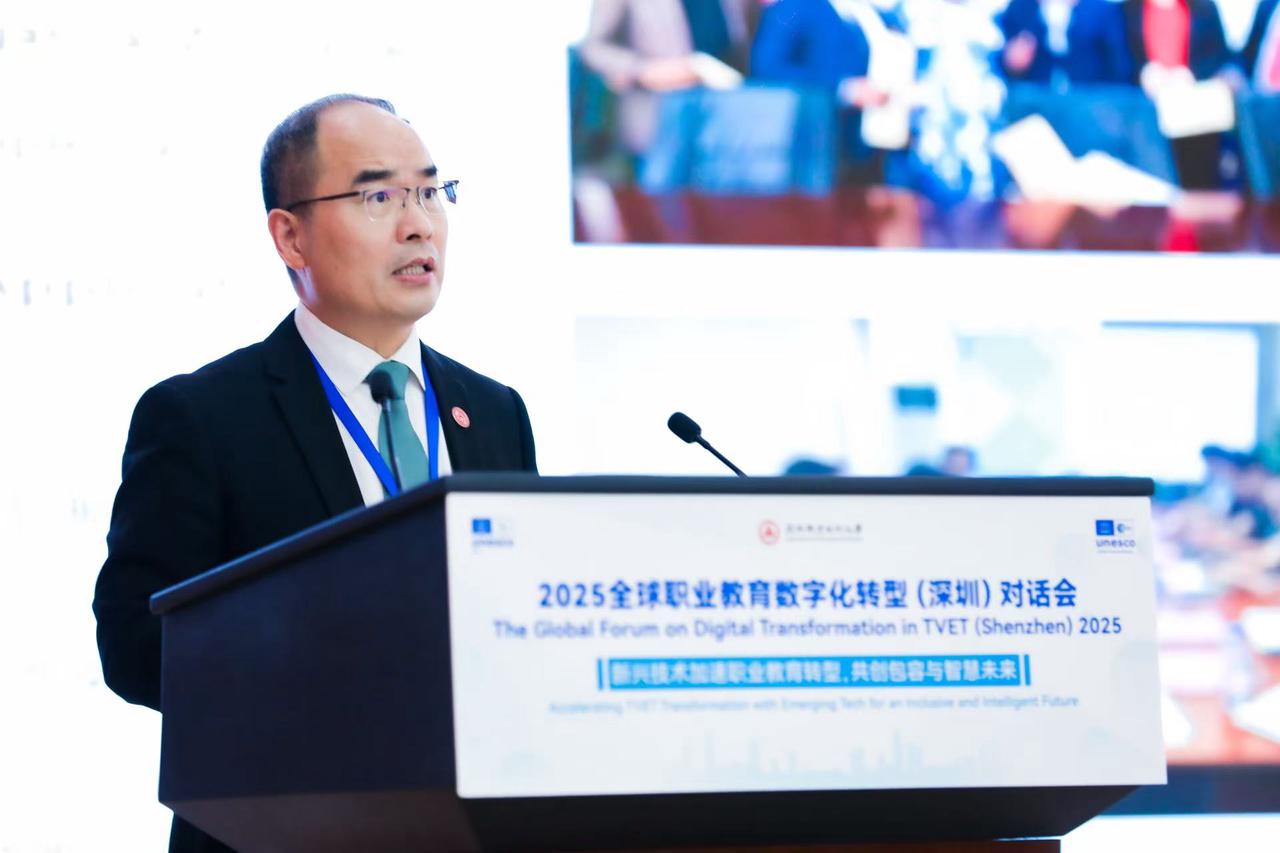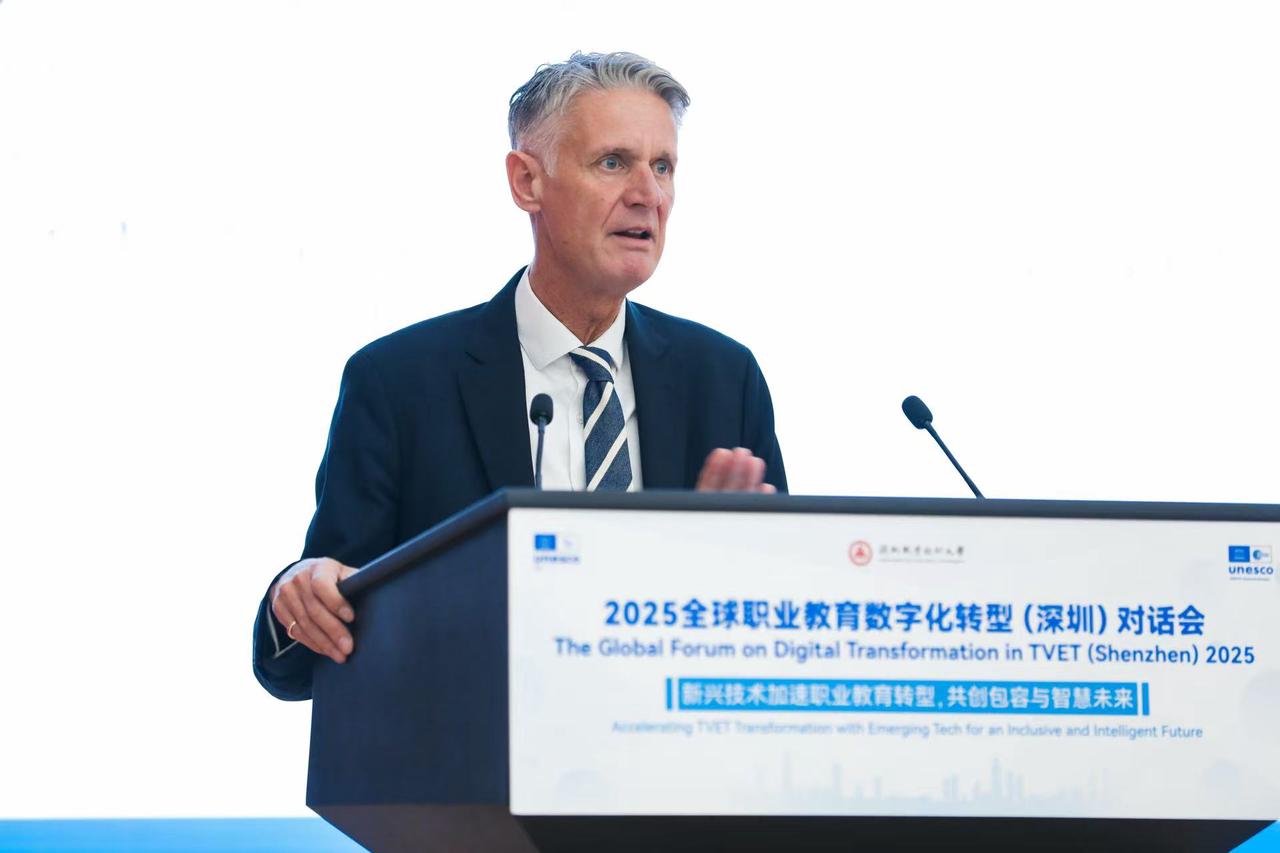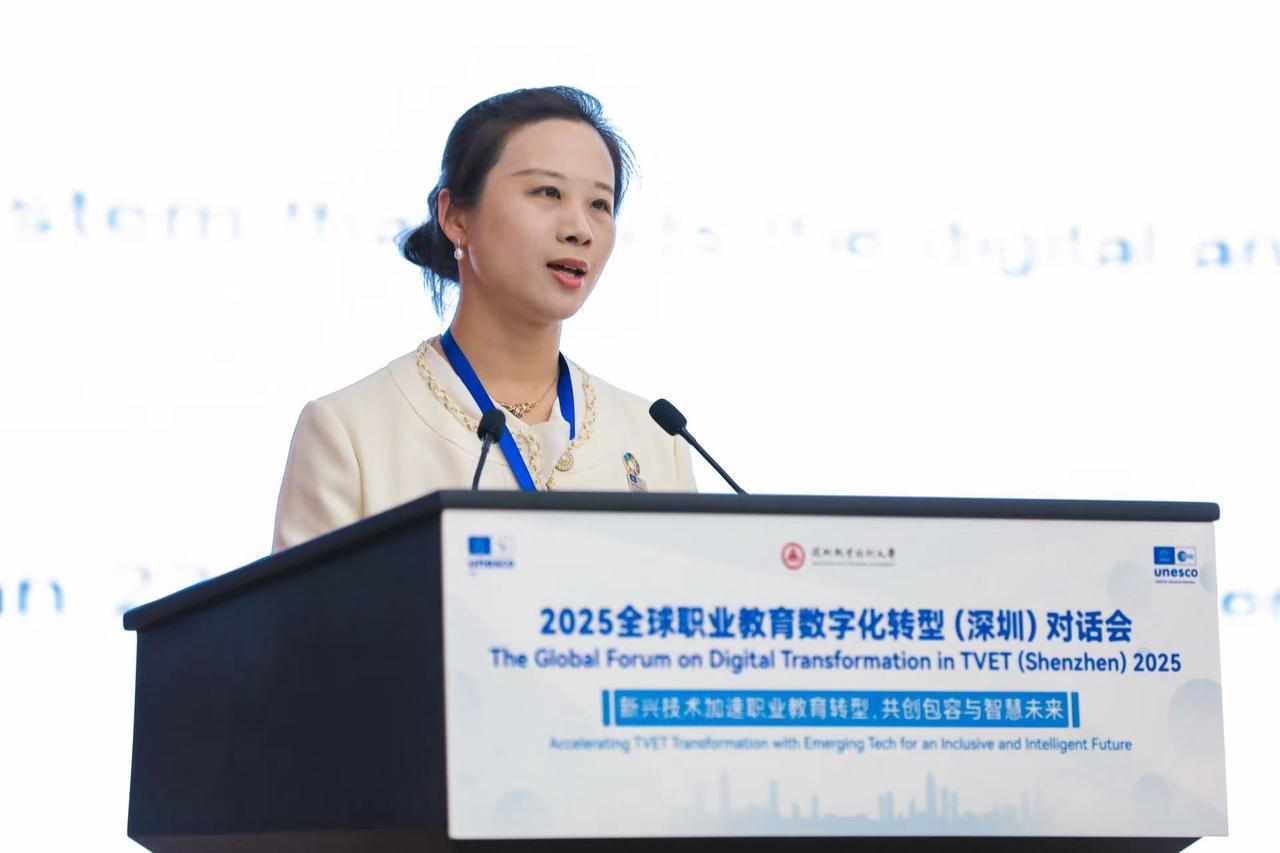ICHEI Attended Global Forum on TVET Digital Transformation
On November 11, 2025, the Global Forum on Digital Transformation in TVET (Shenzhen) 2025 was held at the Shenzhen Polytechnic University. The event was organized by the Shenzhen Polytechnic University and the UNESCO Chair on Digitalization in Technical and Vocational Education and Training (TVET) (hereinafter referred to as “the Chair”) in collaboration with the International Centre for Higher Education Innovation under the auspices of UNESCO (hereinafter referred to as the "UNESCO-ICHEI") and other organizations. Under the theme "Accelerating TVET Transformation with Emerging Tech for an Inclusive and Intelligent Furture," the conference brought together over 100 experts, scholars, and industry representatives from 36 countries and territories. Participants discussed the transformative impact of frontier technologies such as artificial intelligence on global skills development systems and explored practical strategies to address these changes.
Group photo of participants (Photo Source: Shenzhen Polytechnic University) QIN Changwei, Secretary-General of the Chinese National Commission for UNESCO; LUO Yuanyuan, Director of the Secretariat of the Foreign Affairs Office of Shenzhen Municipal People's Government; Shahbaz Khan, Director of the UNESCO Regional Office in East Asia; Brilliant Habeenzu, Permanent Secretary of the Ministry of Technology and Science of Zambia; and XU Jianling, President of Shenzhen Polytechnic University and Chairholder of the UNESCO Chair on Digitalization in TVET, delivered opening remarks. During the keynote session, XU Jianling emphasized that artificial intelligence is profoundly reshaping the global industrial landscape, and human–machine collaboration has become an irreversible trend. He noted that vocational education must shift toward a competency-based approach to talent cultivation, focusing on enhancing students’ AI literacy and innovation capabilities. Peter Wells, Head of Education at the UNESCO Regional Office for Southern Africa, highlighted the strategic importance of vocational education within higher education systems. He called for deeper integration of AI into vocational education and the establishment of a future-oriented lifelong learning system. XU Jianling, President of Shenzhen Polytechnic University and Chairholder of the UNESCO Chair on Digitalization in TVET (Photo Source: Shenzhen Polytechnic University) Peter Wells, Head of Education at the UNESCO Regional Office for Southern Africa (Photo Source: Shenzhen Polytechnic University) BI Xiaohan, Deputy Director of UNESCO-ICHEI, delivered a thematic speech during the session titled "Strengthening Global Collaboration for Equitable, Inclusive and Intelligent TVET Systems." She noted that UNESCO-ICHEI’s flagship initiative, the International Institute of Online Education (IIOE), promotes future-oriented talent development by empowering higher education professionals and enhancing their digital and AI competencies. Building upon its training in digitalization and artificial intelligence applications, IIOE will focus on advancing industry-oriented training programs in areas such as "Cross-border E-commerce", "Healthy Lifestyle Coach Certification", "Life Sciences", and "Agricultural Technology." These efforts aim to strengthen the integration of education and industry while cultivating localized talent aligned with evolving industry needs. Bi Xiaohan, Deputy Director of UNESCO-ICHEI (Photo Source: Shenzhen Polytechnic University) About the UNESCO Chair on Digitalization in Technical and Vocational Education and Training (TVET) The UNESCO Chair on Digitalization in Technical and Vocational Education and Training is dedicated to advancing the digital transformation of vocational education through South-South cooperation and multi-stakeholder collaboration. The Chair focuses on several key areas, including theoretical research on digital transformation, the development of digital technology-related disciplines and teaching resource repositories, the digital upgrading of traditional programs, and the creation of general digital technology vocational qualification certificates and teaching standards. In addition, the Chair promotes the construction of smart classrooms and virtual training ecosystems, as well as capacity-building programs that enhance teachers’ digital transformation competencies. By continuously exploring new technologies and pedagogical methods empowered by digital innovation, the Chair strives to strengthen the digital governance and teaching capabilities of vocational institutions, bridge the “digital divide,” and foster educational equity, lifelong learning, and the sustainable development of global economies and societies.